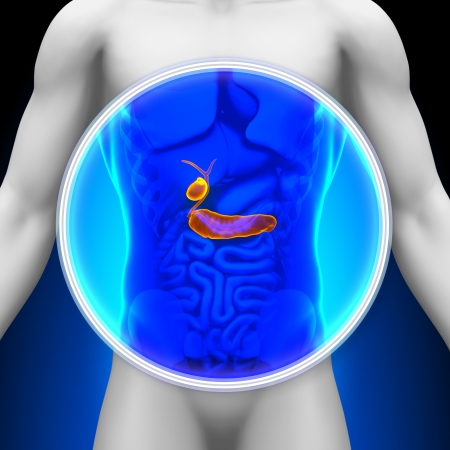Symptoms of Nausea
Nausea is the feeling of discomfort and a sensation of unease related with stomach which urges a person to vomit or make him to think vomit.

This condition is very prominent in pregnancy and almost all the pregnant women in their earlier signs of pregnancy come over this condition. In pregnancy it is called as morning sickness. It is because of the increase in the level of hormones.
However, this condition of nausea is not at all a disease but it is a prominent symptom for most of the underlying diseases and it appears in almost all infectious, organic and functional diseases. For example it occur in food poisoning, motion sickness, pregnancy, blocked intestinal diseases, brain diseases, migraines, appendicitis and when over eaten.
Vomiting is the natural mechanism of forcing the person to empty the stomach through mouth and it is voluntary or involuntary. But whereas nausea is a sensation only to vomit and it may result in vomiting or may not.
Nausea can be short lived and acute. Or it may prolonged or chronic depends upon the disease it indicates. When it is chronic or prolonged it may a debilitating or weakness of health symptom. Both nausea and vomiting may be due to physical or psychological origin. Nausea and vomiting can occur not only in adults but in children also. The patients undergoing chemotherapy for cancer treatment are always have nausea and vomiting. Pregnant women in their first trimester almost experience symptoms of nausea. Almost 50 to 90 per cent of the pregnant women experience nausea while 25 to 40 per cent of them experience the real vomiting.

Nausea is caused by several conditions of the body. Many of the abdominal conditions cause nausea. Any internal part of the abdomen when affected by disease and inflammation causes nausea. Liver, pancreas, stomach, appendix, small intestines, large intestines are commonly affected by various diseases and its affection causes nausea.
Brain diseases such as common head ache, head injury, stroke, brain tumors, bleeding in brain are the main causes for nausea. Hormonal changes in pregnancy, excess and short production of various hormones leads to hormonal imbalance and it may also cause nausea.
Many of the common drugs and medications usually have a side effect of nausea and it is reversed by stopping the drug immediately. More prominent nausea is caused by chemotherapy and antidepressant drugs.
Hypoglycemia is a condition where deficiency of glucose in the blood occurs and it also may cause nausea. External factors influencing the body like excess alcohol may also cause nausea. Food poisoning is the most common condition where the bacteria in the contaminated food when taken cause nausea. As already stated that pregnancy is the major cause for nausea and stress plays an important roll in originating stress related disease and all these variety of diseases cause symptoms of nausea. The commonly affecting virus and bacteria of gastrointestinal tract causes nausea. Infections affecting ear, lungs, bladder, and kidney also have symptoms of nausea. Symptoms of nausea arises in peptic and duodenal ulcers, cancers and tumors of the stomach and intestines.
It is the fact that most of the psychiatric disorders accompany with symptoms of nausea.
Nausea is often described as the uneasy sensation and a feeling of sickness to the stomach. Generally the nausea may or may not have vomiting. And vomiting may or may not have nausea. The symptoms of nausea includes.

Symptoms of nausea accompany with sudden onset of body ache, fever, running nose, diarrhea, cough and these conditions usually indicates the occurrence of nausea. Alcohol intake in excess indicates the onset of nausea. It is a peculiar condition that symptoms of nausea and real vomiting occur in pregnancy during early morning and kidney diseases always accompany nausea and it indicates the onset of nausea. Vomiting after eating a meal occurs commonly in ulcers of the stomach and in obstructive stomach diseases.abdominal pain followed by vomiting may indicate inflammation of the abdomen and intestinal obstruction. Psychiatric diseases like anorexia and bulimia may accompany nausea immediately after the onset of the disease. Nausea and vomiting may occur in hormonal diseases. Most of the functional disorders accompany nausea. Dehydration, malnutrition and loss of weight may result from nausea and vomiting.
Another bad effect of nausea is dehydration. Most of the adults feel early about the dehydration symptoms like thirst and but whereas the children are in more risk to detect the dehydration. Usually, severe nausea and vomiting and dehydration occurs in diarrhea. Dry lip and mouth, decreased urination, sunken eyes in children, rapid breathing and pulse indicates the on set of dehydration. Profuse sweating rarely but particularly accompany nausea in heart diseases like heart attacks.
The person should consult the doctor if the nausea and vomiting persists more than two days. Nausea and vomiting may subsides usually within 6 to 24 hours in some cases. And it is important that if home remedies are not effective, the person should seek the help of the doctor immediately to treat the condition.

